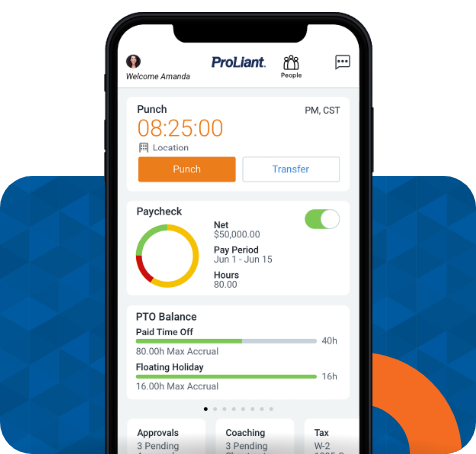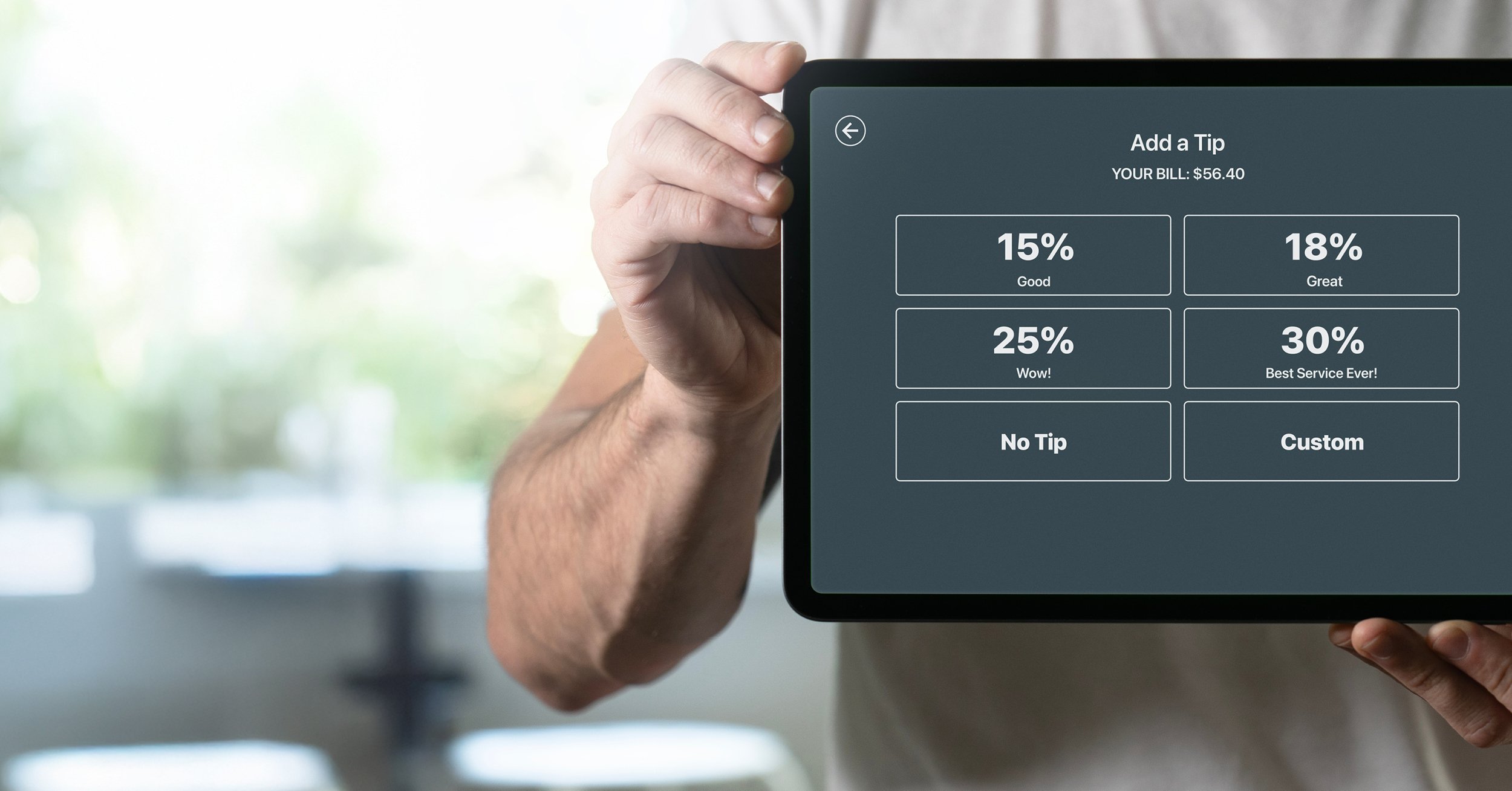The uncertainty surrounding President Trump’s tariffs presents a significant challenge for businesses across various industries. While tariffs are often viewed as issues primarily for legal, trade, or finance departments, human resources (HR) actually plays a crucial role in helping companies navigate the resulting impacts.
As international trade dynamics evolve, HR leaders can take the initiative to minimize disruptions, realign workforce strategies, and support business continuity. Here’s how HR can help prepare businesses for the uncertainties associated with these tariffs.
1. Workforce Planning and Restructuring
Tariffs can lead to increases in costs or even reduce demand. This can lead to businesses having to reevaluate operations, relocate manufacturing, or even shifting supply chains.
How can HR help?
HR can ensure your business has the right people in the right places. By looking closely at your labor needs, spotting any skill gaps, and finding ways to move our talent around, your HR team can help you stay head. For instance, if you decide to move operations from overseas back home, HR will jump in to handle hiring, onboarding, and training in a smooth and speedy way.
2. Employee Communication and Change Management
Let’s face it, tariffs can lead to role changes, employee relocations, or even layoffs. These decisions can be challenging for businesses to navigate.
How can HR Help?
HR professionals are trained to play a key role in fostering clear and compassionate communication. They help employees grasp the reasons behind changes and make sure everyone feels supported during the transition. This approach helps reduce confusion and creates a smoother process, making everyone feel more at ease.
3. Training and Upskilling
As tariffs raise costs or limit access to international goods, businesses may shift production, modify product lines, or retrain teams to adapt to new workflows.
How can HR help?
HR can play a key role in developing your team's skills by taking a look at what everyone currently knows and figuring out where they can grow. This could mean offering opportunities for employees to learn new things across different departments, providing certifications for specialized skills in domestic manufacturing, or setting up leadership programs to help everyone move up in their careers. Plus, HR can team up with outside training providers to tap into their resources and make learning happen quickly and effectively.
4. Compliance and Policy Development
Tariffs can significantly impact compliance for businesses by introducing new regulatory complexities and increasing the risk of noncompliance.
How can HR help?
HR can team up with your legal and compliance groups to make sure that any staffing choices around tariffs are not only legally sound but also in line with labor regulations. Your HR team can also update internal policies to keep up with any new workflows, production sites, or global workforce structures.
Ensuring compliance in a tariff-affected environment requires continuous collaboration among legal, finance, operations, and HR teams to monitor changes, maintain accurate records, and respond swiftly to regulatory updates.
Conclusion
While tariffs might not seem like an HR issue at first glance, the HR team's influence in shaping workforce strategy, managing change, and keeping employees engaged makes it a key player in navigating any company’s response plan.
If you have questions about how tariffs could impact your business or just want to chat, don’t hesitate to schedule a quick call with us! We’d be more than happy to help you out.







No Comments Yet
Let us know what you think